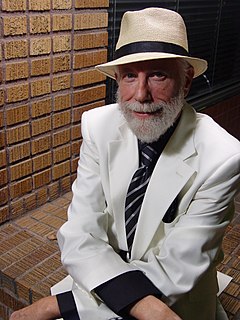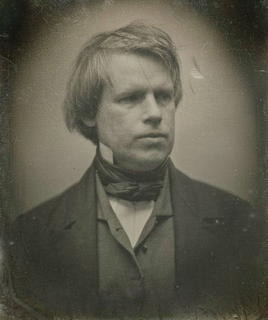A Quote by William Shakespeare
You see me here, you gods, a poor old man, As full of grief as age; wretched in both.
Related Quotes
But if you are a poor creature--poisoned by a wretched up-bringing in some house full of vulgar jealousies and senseless quarrels--saddled, by no choice of your own, with some loathsome sexual perversion--nagged day in and day out by an inferiority complex that makes you snap at your best friends--do not despair. He knows all about it. You are one of the poor whom He blessed. He knows what a wretched machine you are trying to drive. Keep on. Do what you can. One day He will fling it on the scrap-heap and give you a new one. And then you may astonish us all - not least yourself.
According to the spirit of this age, the ultimate sin is no longer the failure to honor and thank God but the failure to esteem oneself. Self-abasement, not God-abasement, is the evil. And the cry of deliverance is not "O wretched man that I am, who will deliver me?" but "O worthy man that I am, would that I could only see it better"!
The truth is, part of me is every age. I’m a three-year-old, I’m a five-year-old, I’m a thirty-seven-year-old, I’m a fifty-year-old. I’ve been through all of them, and I know what it’s like. I delight in being a child when it’s appropriate to be a child. I delight in being a wise old man when it’s appropriate to be a wise old man. Think of all I can be! I am every age, up to my own.
There are those who argue that everything breaks even in this old dump of a world of ours. I suppose these ginks who argue that way hold that because the rich man gets ice in the summer and the poor man gets it in the winter things are breaking even for both. Maybe so, but I'll swear I can't see it that way.



































